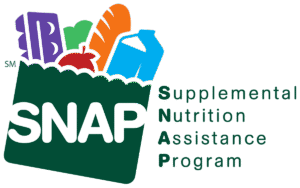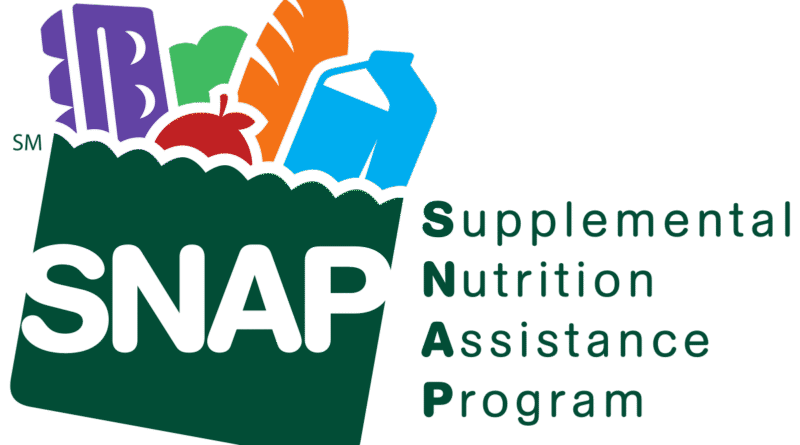SNAP Crisis Deepens; States Urged to Help Hungry
 SNAP Crisis Deepens; States Urged to Help Hungry
SNAP Crisis Deepens; States Urged to Help Hungry
With Congress still gridlocked over government funding, the future of the Supplemental Nutrition Assistance Program (SNAP) is uncertain. As the shutdown drags on, millions of Americans could soon lose access to food benefits and states are racing to find emergency solutions.
If the standoff continues into November, SNAP benefits may be suspended nationwide. The program supports children, seniors, and people with disabilities groups most at risk if aid stops. Some states have issued warnings, while others are taking bold action to prevent a hunger crisis.
Virginia Declares Emergency as SNAP Funds Run Dry
Virginia Governor Glenn Youngkin has declared a state of emergency to keep food assistance flowing.
“The Democrat shutdown will cause SNAP benefits to run out for over 850,000 Virginians starting November 1,” Youngkin told Fox News. “I refuse to let hungry Virginians be used as leverage.”
The emergency declaration allows Virginia to use its own relief funds to support residents in need. Youngkin also urged the state’s U.S. Senators, Tim Kaine and Mark Warner, to vote for a resolution that would end the federal shutdown.
Both senators responded by encouraging bipartisan cooperation. Kaine said he supports “any efforts” to keep food on people’s tables, while Warner stressed that “it’s the state’s responsibility to help fund the SNAP program.”
Other States Prepare for Impact
Thirty-six states have issued warnings about potential disruptions to SNAP funding by November 1, according to Newsweek. These include Texas, California, Florida, New York, Pennsylvania, and Virginia.
Many states are advising recipients to save unspent funds or visit local food banks if benefits stop.
- Arkansas told residents to conserve October benefits and seek help from local pantries.
- Texas has directed people to EveryTexan.org for information on nearby food banks.
- Pennsylvania reminded recipients that unused EBT funds remain valid for up to a year.
- Ohio is considering emergency legislation to draw from its rainy-day fund to sustain benefits temporarily.
The White House, meanwhile, has announced plans to lay off thousands of federal workers — a move critics warn could worsen the crisis by straining state and local services.
ALSO READ: Sadie Robertson Warns Church Against ‘Cancel Culture
Food Banks Brace for Surging Demand
Food banks across the U.S. are already preparing for an influx of families seeking help.
“There’s no way our network can meet that demand overnight,” said Catherine D’Amato, CEO of the Greater Boston Food Bank, in an interview with NBC News.
In Ohio, the Cincinnati Freestore Foodbank says it has been planning for months, drawing on lessons from the 2018 shutdown. “We’re coordinating with partners across the country,” said Trisha Rayner, the group’s vice president. “If SNAP doesn’t go out on time, food banks will be stretched to the limit.”
Kathy Underhill, CEO of the Des Moines Area Religious Council, said November is already the busiest time of year for food assistance programs. “We’re doing everything we can to keep services steady,” she told Business Record.
How Christians Can Help
As states brace for shortages, Christian communities are being called to act.
Churches and individuals can volunteer at food pantries, soup kitchens, or shelters. Donating nonperishable goods or giving financially to registered nonprofits like Feeding America, The Salvation Army, and Hunger Free America can also make a real difference.
Many churches are also expanding their own food ministries to support members and neighbors affected by the shutdown. For believers, it’s a moment to put faith into action offering compassion and provision when it’s needed most.
Content Credit: Moyosola Oni
Image Credit: Google .Com




